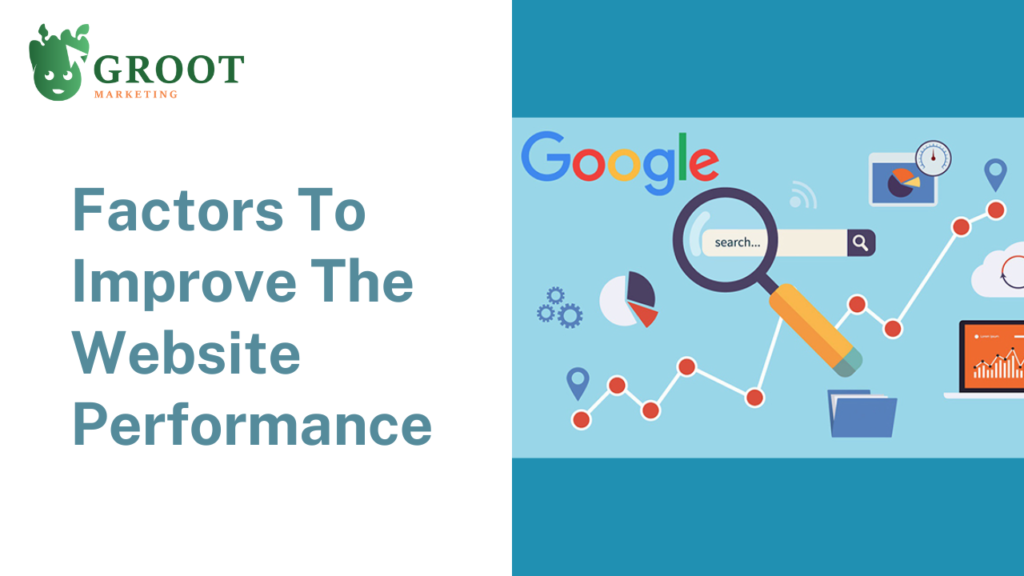In the big world of the internet, where lots of websites are fighting for attention, one thing really matters: how quick your website loads. Believe it or not, it’s super important. The speed of your website can change how easily people find you on Google and how high you rank in searches. So, let’s explore this interesting topic and find out why page speed matters so much for SEO and Google rankings. We’ll break down the mysteries behind it all and see why it’s crucial to keep your website running fast and smoothly.
Google Ranking and SEO Ranking Check
Before we delve deeper, it’s essential to grasp the basics. Google ranking check refers to the process of assessing where your website stands in Google’s search results for specific keywords or phrases. On the other hand, an SEO ranking check involves evaluating your website’s position in search engine results pages (SERPs) based on various search engine optimization (SEO) factors.
Page Speed and Google Rankings
Imagine you’re searching for information online, and a website takes ages to load. Frustrating, right? Well, Google thinks so too! In its mission to provide users with the best possible experience, Google considers page speed as one of the crucial factors in determining website Google rankings. Simply put, faster-loading websites tend to rank higher in Google’s search results compared to slower ones.
Check Your Website’s Google Ranking
Now, you might wonder, how do I check my website’s Google ranking? Fear not! There are several tools available for this purpose. You can use Google Search Console, a free service provided by Google, to monitor your website’s performance and see where it ranks for specific keywords. Additionally, various online tools offer comprehensive insights into your website’s Google ranking, helping you track your progress over time.
To assess your website’s ranking on Google effectively, you need to focus on optimizing page speed. This involves optimizing images, minimizing HTTP requests, leveraging browser caching, and employing other techniques to reduce loading times. By improving your website’s speed, you enhance its chances of climbing the ranks on Google and attracting more organic traffic.
Website Keyword Rankings
Keywords play a vital role in SEO, acting as the bridge between what users search for and the content available on your website. Monitoring your website’s keyword rankings allows you to see how well your content aligns with user queries and identify areas for improvement. By incorporating relevant keywords strategically and optimizing your website’s performance, you can boost its visibility and enhance its chances of ranking higher on Google.
Google PageSpeed Insights
Google PageSpeed Insights is a valuable tool that provides actionable recommendations for optimizing your website’s performance. By analyzing your website and offering suggestions to improve page speed, this tool empowers you to enhance user experience and boost your chances of ranking higher on Google. Leveraging insights from Google PageSpeed Insights can help you identify and address performance issues, ultimately improving your website’s SEO and Google rankings.
Factors To Improve The Website Performance
Mobile-Friendly Websites
In today’s mobile-centric world, having a mobile-friendly website is no longer a luxury but a necessity. Google recognizes this and considers mobile-friendliness as a crucial ranking factor. Websites that are optimized for mobile devices not only provide a seamless user experience but also tend to rank higher in Google’s search results. Therefore, it’s essential to ensure that your website is responsive and accessible across various devices to improve its chances of ranking well on Google.
Improve User Experience
User experience (UX) goes hand in hand with page speed when it comes to SEO success. Google prioritizes websites that offer a positive user experience, including fast loading times, easy navigation, and relevant content. By focusing on enhancing UX elements such as site structure, readability, and interactivity, you can improve your website’s performance in Google’s rankings. Remember, happy users are more likely to engage with your content and share it, signaling to Google that your website is valuable and deserving of a higher ranking.
Importance of Content Quality
While page speed and user experience are essential, they’re meaningless without high-quality content. Google’s primary goal is to deliver the most relevant and valuable content to its users. Therefore, websites with well-written, informative, and engaging content are more likely to rank higher in Google’s search results. By consistently producing high-quality content that meets the needs of your target audience, you can strengthen your website’s authority and relevance, thereby improving its SEO performance and Google rankings.
The Role of Backlinks in SEO
Backlinks, also known as inbound links, are links from other websites that point to your website. Google views backlinks as votes of confidence from other sites, indicating that your content is trustworthy and valuable. Websites with a strong backlink profile tend to rank higher in Google’s search results. Therefore, it’s essential to focus on building quality backlinks from reputable websites within your industry or niche. By earning backlinks naturally through the creation of valuable content and fostering relationships with other website owners, you can enhance your website’s authority and improve its SEO performance on Google.
Conclusion
By prioritizing these elements, you not only enhance your website’s chances of appearing at the top of Google searches but also provide users with a better experience, leading to increased engagement and trust. Remember, Google aims to deliver the most relevant and valuable content to its users, so by optimizing your website for speed and quality, you align with Google’s mission and improve your chances of success online.
In conclusion, invest time and effort into optimizing your website for speed, user experience, and content quality, while also building a strong backlink profile and ensuring mobile-friendliness. By doing so, you can position your website for success in the competitive landscape of the internet, driving more traffic and achieving higher rankings on Google.







